Aloe Vera Face Mask: Hydrate and Soothe Your Skin Naturally
Aloe Vera, often referred to as the “plant of immortality,” has been revered for its healing properties for centuries. From Cleopatra to modern beauty enthusiasts, this succulent plant has found its way into skincare routines across the globe. One of the most popular and effective ways to harness the benefits of Aloe Vera is through an Aloe Vera face mask. In this comprehensive guide, we will explore the myriad benefits of aloe vera for your skin, how to prepare your aloe vera face mask, and the science behind its soothing and hydrating properties. Additionally, we will address common questions about Aloe Vera face masks to ensure you get the most out of this natural remedy.
Table of Contents
ToggleThe Marvelous Benefits of Aloe Vera for Skin
1. Hydration and Moisture Retention
Aloe Vera is renowned for its exceptional hydrating properties. Its high water content, approximately 98%, makes it an excellent moisturizer for all skin types. The mucopolysaccharides present in Aloe Vera help bind moisture to the skin, keeping it hydrated and supple.
2. Soothing and Anti-inflammatory Properties
Aloe Vera contains compounds like glycoproteins and polysaccharides that help reduce inflammation and soothe irritated skin. These properties make it an ideal remedy for sunburns, rashes, and other skin irritations.
3. Anti-Aging Benefits
Rich in antioxidants such as beta-carotene and vitamins C and E, Aloe Vera helps fight free radicals, which are responsible for premature aging. Regular use of Aloe Vera can improve skin elasticity and reduce the appearance of fine lines and wrinkles.
4. Healing and Regeneration
Aloe Vera accelerates the healing process of wounds and minor burns. Its regenerative properties help in the growth of new skin cells, making it effective for treating acne scars and other skin blemishes.
5. Antimicrobial Properties
Aloe Vera possesses antimicrobial properties that can help combat acne-causing bacteria. This makes it an excellent addition to your skincare routine if you suffer from acne-prone skin.
How to Prepare an Aloe Vera Face Mask
Creating your own Aloe Vera face mask at home is simple and cost-effective. Here are some recipes tailored for different skin concerns:
Basic Aloe Vera Face Mask
Ingredients:
- 2 tablespoons of fresh Aloe Vera gel
Instructions:
- Extract the gel from a fresh Aloe Vera leaf.
- Apply the gel directly to your clean face.
- Leave it on for 20 minutes.
- Rinse with lukewarm water and pat dry.
Aloe Vera and Honey Mask for Hydration
Ingredients:
- 2 tablespoons of fresh Aloe Vera gel
- 1 tablespoon of raw honey
Instructions:
- Mix the Aloe Vera gel and honey in a bowl.
- Apply the mixture to your face.
- Leave it on for 20 minutes.
- Rinse with lukewarm water and pat dry.
Aloe Vera and Turmeric Mask for Acne
Ingredients:
- 2 tablespoons of fresh Aloe Vera gel
- 1/2 teaspoon of turmeric powder
Instructions:
- Mix the Aloe Vera gel and turmeric powder in a bowl.
- Apply the mixture to your face, focusing on acne-prone areas.
- Leave it on for 15 minutes.
- Rinse with lukewarm water and pat dry.
Aloe Vera and Lemon Juice Mask for Brightening
Ingredients:
- 2 tablespoons of fresh Aloe Vera gel
- 1 teaspoon of lemon juice
Instructions:
- Mix the aloe vera gel and lemon juice in a bowl.
- Apply the mixture to your face.
- Leave it on for 10 minutes.
- Rinse with lukewarm water and pat dry.
The Science Behind Aloe Vera’s Skin Benefits
Aloe Vera’s effectiveness as a skincare ingredient is backed by scientific research. Here are some key components of Aloe Vera and their benefits:
Polysaccharides
Polysaccharides in Aloe Vera help retain moisture in the skin, making it an excellent natural moisturizer. They also play a role in stimulating skin regeneration and repair.
Glycoproteins
Glycoproteins help reduce inflammation and promote healing. They are particularly beneficial for soothing irritated skin and reducing redness.
Vitamins and Minerals
Aloe Vera is rich in vitamins A, C, and E, which are powerful antioxidants that help protect the skin from free radical damage. It also contains essential minerals like calcium, magnesium, and zinc that support skin health.
Enzymes
Enzymes such as bradykinase and carboxypeptidase in Aloe Vera help reduce excessive inflammation when applied to the skin. They also assist in the breakdown of dead skin cells, promoting a clearer complexion.
Amino Acids
Aloe Vera contains 18 of the 20 amino acids found in the human body, including 7 of the 8 essential ones. These amino acids help nourish and strengthen the skin, improving its overall texture and tone.
FAQs About Aloe Vera Face Masks
1. Can I use Aloe Vera face masks every day?
Yes, you can use Aloe Vera face masks daily, especially if you have dry or sensitive skin. However, for those with oily or acne-prone skin, it is recommended to use the mask 2-3 times a week to avoid over-hydration.
2. How long should I leave an Aloe Vera face mask on?
You should leave an Aloe Vera face mask on for 15-20 minutes. This allows enough time for the skin to absorb the beneficial compounds without irritating it.
3. Can aloe vera face masks help with acne?
Yes, aloe vera has antimicrobial and anti-inflammatory properties that can help reduce acne. Combining aloe vera with ingredients like turmeric or tea tree oil can enhance its acne-fighting effects.
4. Is Aloe Vera safe for all skin types?
Aloe vera is generally safe for all skin types. However, if you have sensitive skin or are allergic to aloe vera, it’s best to do a patch test before applying it to your face.
5. Can Aloe Vera face masks lighten dark spots?
Aloe vera can help lighten dark spots and hyperpigmentation due to its skin regenerative and anti-inflammatory properties. For enhanced results, combine aloe vera with ingredients like lemon juice or turmeric.
6. Can I use store-bought Aloe Vera gel for face masks?
Yes, you can use store-bought Aloe Vera gel, but make sure it is pure and free from additives and preservatives. Fresh aloe vera gel from the plant is always the best option.
7. How do I store fresh Aloe Vera gel?
Fresh aloe vera gel can be stored in an airtight container in the refrigerator for up to a week. For longer storage, you can freeze the gel in ice cube trays.
8. Can aloe vera face masks reduce wrinkles?
Yes, the antioxidants and vitamins in aloe vera can help reduce the appearance of fine lines and wrinkles. Regular use of aloe vera can improve skin elasticity and firmness.
9. Are there any side effects of using Aloe Vera face masks?
Aloe vera is generally safe, but some people may experience allergic reactions. If you notice any redness, itching, or swelling, discontinue use and consult a dermatologist.
10. Can Aloe Vera face masks be used on other parts of the body?
Yes, Aloe Vera face masks can be used on other parts of the body that need hydration and soothing, such as the neck, chest, and hands.
11. How often should I use an Aloe Vera face mask for dry skin?
For dry skin, you can use an Aloe Vera face mask 3–4 times a week to maintain hydration and prevent dryness.
12. Can Aloe Vera face masks help with sunburn?
Yes, aloe vera is known for its soothing properties and can provide relief from sunburn. Apply a generous amount of Aloe Vera gel to the affected area for instant cooling and healing.
13. Can Aloe Vera face masks tighten pores?
Aloe vera can help tighten pores and improve skin texture due to its astringent properties. Combining aloe vera with ingredients like cucumber juice can enhance this effect.
14. Is aloe vera effective for reducing puffiness and dark circles?
Aloe vera can help reduce puffiness and dark circles around the eyes due to its anti-inflammatory properties. Apply a small amount of chilled Aloe Vera gel to the under-eye area for best results.
15. Can I use Aloe Vera face masks if I have eczema?
Aloe vera can help soothe eczema due to its anti-inflammatory and moisturizing properties. However, it’s important to consult with a dermatologist before using aloe vera on eczema-prone skin.
16. Can aloe vera face masks improve skin tone?
Regular use of Aloe Vera face masks can help improve skin tone and texture by promoting cell regeneration and reducing inflammation.
17. Are Aloe Vera face masks effective for oily skin?
Yes, aloe vera is effective for oily skin, as it helps balance oil production and has a non-greasy texture. Combining aloe vera with ingredients like lemon juice can help control excess oil.
18. How do I make an aloe vera face mask for sensitive skin?
For sensitive skin, combine Aloe Vera gel with soothing ingredients like cucumber juice or oatmeal. This combination helps calm and hydrate sensitive skin.
19. Can I use Aloe Vera face masks during pregnancy?
Aloe vera is generally safe to use during pregnancy, but it’s always best to consult with your healthcare provider before adding new products to your skincare routine.
20. Can Aloe Vera face masks help with rosacea?
Aloe vera can help soothe the redness and inflammation associated with rosacea. However, it’s important to do a patch test and consult with a dermatologist before using it on rosacea-prone skin.
Conclusion
Aloe vera face masks are a versatile and natural solution for various skin concerns. Whether you’re looking to hydrate, soothe, or rejuvenate your skin, aloe vera offers a plethora of benefits. By incorporating Aloe Vera into your skincare routine, you can achieve a healthy, glowing complexion naturally. With the recipes and tips provided in this guide, you’re well on your way to enjoying the remarkable benefits of aloe vera for your skin.
Rose Water Toner: A Refreshing Addition to Your Skincare Routine

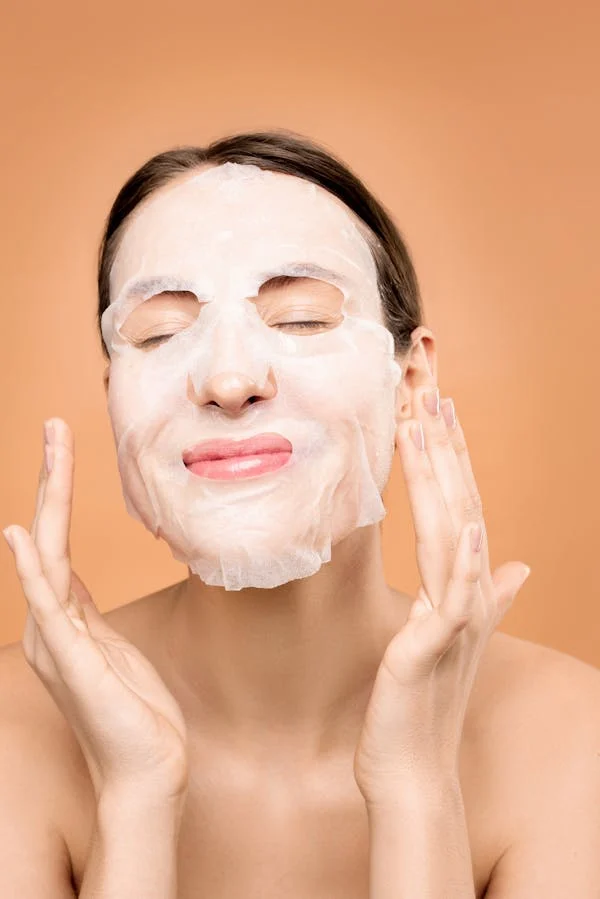
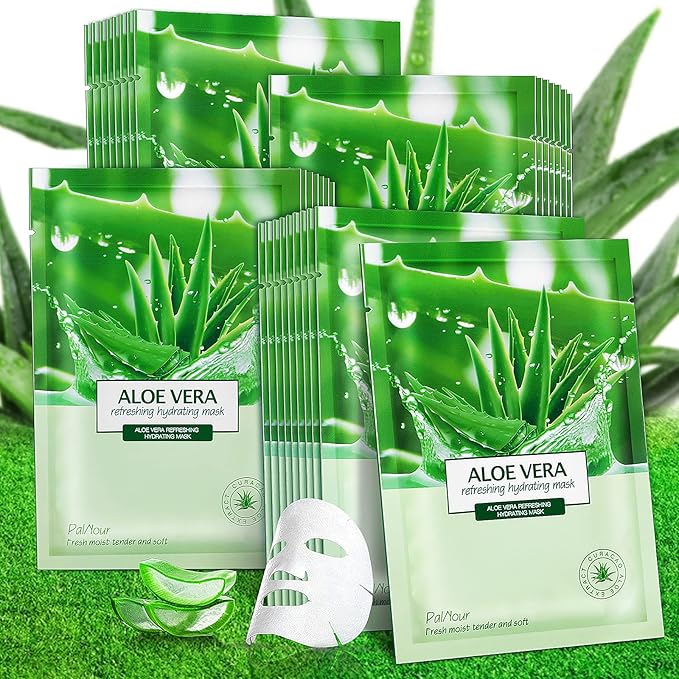
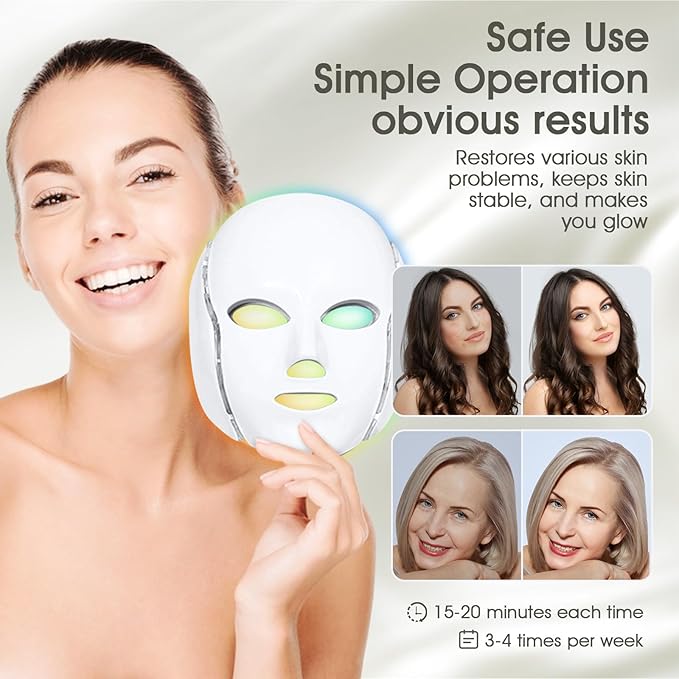
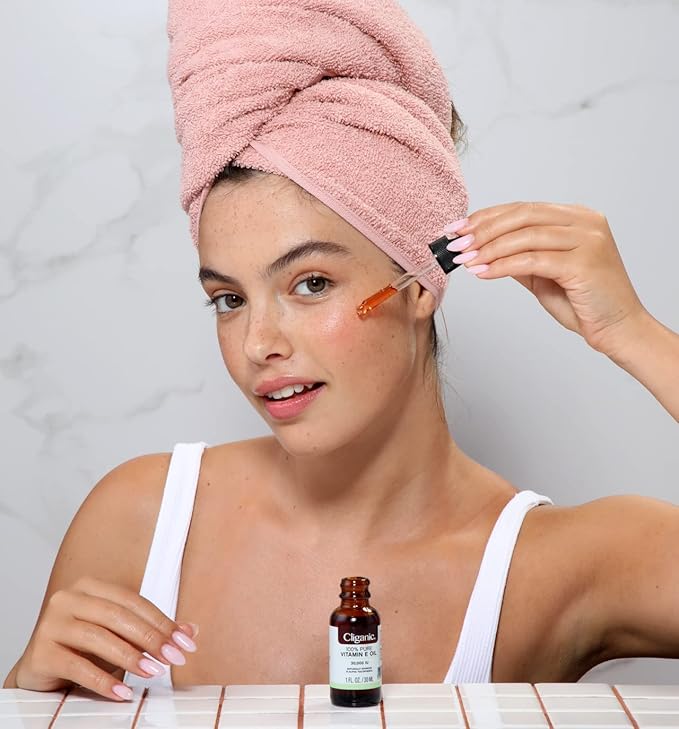


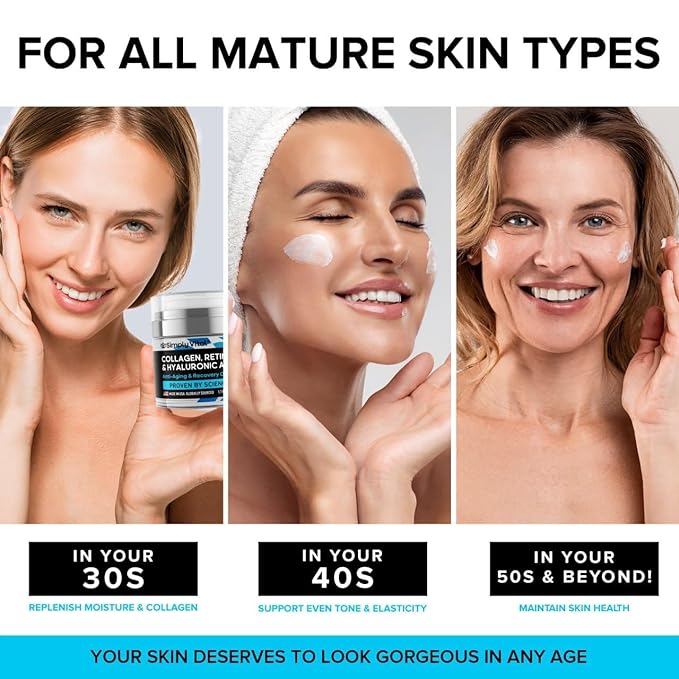
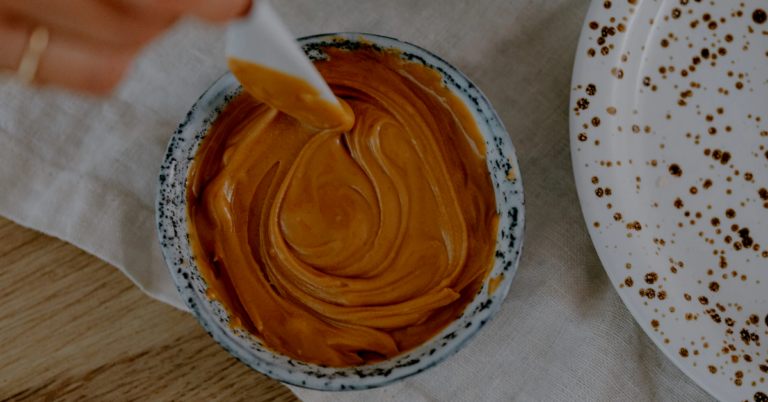

One Comment